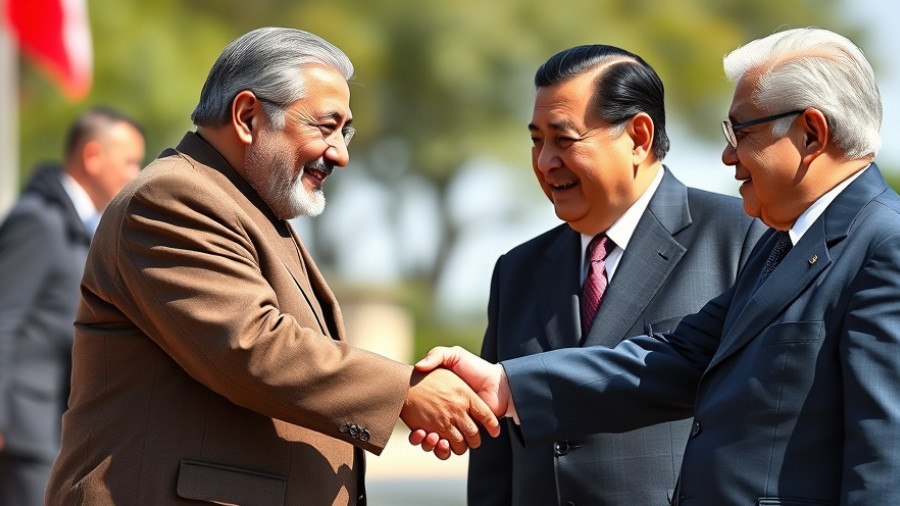
The Complex Legacy of Yitzhak Rabin: A Closer Look
As Israel prepares to commemorate the 30th anniversary of Yitzhak Rabin's assassination, two starkly contrasting narratives about his legacy emerge. For some, he is the revered leader who took bold steps towards peace through the Oslo Accords, which he signed in 1993 with Palestinian leader Yasser Arafat. However, a deeper examination reveals a more complex truth: Rabin's legacy is intertwined with opposition to a Palestinian state and the expansion of Israeli control, particularly over Jerusalem and the Jordan Valley.
The optimistic depiction of Rabin as the champion of peace often glosses over his nuanced views regarding the Palestinian territories. While he publicly endorsed dialogue with the Palestine Liberation Organization (PLO), his administration's actions frequently contradicted the ideals of coexistence. As documented by various sources, Rabin's government initiated significant settlement expansions during his term, which compounded tensions between Israelis and Palestinians.
Nostalgia and Reassessment: A Palestinian Perspective
Interestingly, Rabin's memory appears more favorable among Palestinians today than within many segments of Israeli society. This shift can be attributed to the current political climate and the devastation brought by ongoing conflicts. Palestinian activists like Samer Sinijlawi, who reflect on Rabin's leadership, remind us of a time when his commitment to peace seemed genuine. Despite previous violence, they recall moments of hope—such as the olive branch exchanges during the early Oslo days—that embodied the possibility of resolution.
Such sentiments, however, emerge alongside important criticisms. Many Palestinians remember Rabin as perpetuating the status quo of occupation while failing to commit to the formation of an independent Palestinian state. Various Palestinian voices highlight that while some positives existed under his leadership, they often fell far short of the justice and autonomy demanded by their community.
The Reality of Peace: Misunderstandings and Myths
The contemporary left in Israel often idealizes Rabin’s push for peace, overlooking how many Palestinians perceive his endeavors as insufficient. Critics of this romanticized view assert that the Oslo Accords did not fundamentally alter the dynamics of power in the region. Instead, they argue that Rabin utilized the peace process as a strategy to strengthen Israel’s hold over disputed territories. As articulated by Amjad Iraqi, a prominent analyst, Rabin's approach effectively functioned as a facade for continued colonial policies, shaping a narrative of peace that masked ongoing oppression.
Lessons from the Past: What Can We Learn?
The reflections on Rabin's legacy come with crucial lessons for both Israelis and Palestinians. For the future of peace in this deeply divided land, it is imperative to confront the realities of each leader's actions during critical junctures in history. Acknowledging the complex legacies left behind can cultivate richer dialogues that could pave a way towards reconciliation and understanding.
Moving Forward: What It Means for Today's Advocates
Amidst the harsh realities of ongoing conflict, Rabin's legacy calls on present and future leaders to commit to transparent dialogue and genuine efforts toward peace. Understanding the past opens doors to crucial discussions about the future and how both communities can navigate their intertwined destinies. It is essential to remember Ronan's heritage and seek leaders who can champion progressive visions for a peaceful coexistence.
 Add Row
Add Row  Add
Add 








Write A Comment